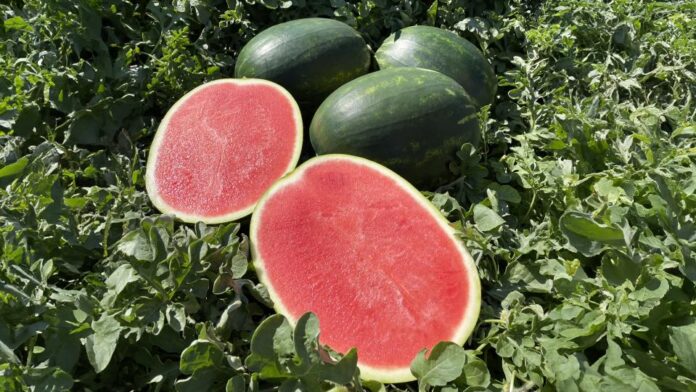As summer sets in, the demand for refreshing fruits like watermelon and muskmelon rises—along with concerns about adulteration. Recently, the Food Safety Department in Tamil Nadu conducted raids to inspect the quality of these seasonal fruits, targeting instances of artificial colouring and spoilage. During the operation, officials seized and destroyed more than 2,000 kg of substandard watermelons, ensuring they were removed from the market. The initiative aimed to curb the sale of chemically enhanced or decaying melons made to appear fresh and appealing. “Consumers can check the quality at home by placing cut pieces of melon in a glass of water—artificial colours, if present, will leach out,” advised the Food Safety and Drug Administration.
How to Detect Adulteration in Watermelons
To identify artificially coloured melons, the Food Safety and Standards Authority of India (FSSAI) suggests a simple cotton ball test. Cut the watermelon and gently rub its red flesh with a cotton ball—if the cotton picks up colour, the fruit may be adulterated. A clean cotton ball indicates a natural product.
Another method involves using a white tissue or paper. Rub it on a cut piece of the melon. If the tissue gets stained, it could mean artificial colours have been used.
Tips to Choose Safe, Naturally Ripe Watermelons
Here are some useful tips to help you select a fresh and naturally ripened watermelon:
- Shape: Opt for melons with a symmetrical, uniform shape. Irregular forms may signal uneven ripening.
- Rind appearance: Look for a firm, deep green rind with dark stripes. Avoid fruits with pale skin or soft spots.
- Sound test: Tap the watermelon with your knuckles. A ripe one will produce a deep, hollow sound.
- Weight: A heavy watermelon suggests high water content and juiciness.
- Sugar spots: Brown streaks or freckles—often called sugar veins—indicate sweetness.
- Belly spot: Check the underside where the melon rested on the ground. A creamy yellow or golden spot is a good sign of ripeness.
Before buying, also inspect the fruit for bite marks, scratches, or other signs of damage. Watermelons stored in open godowns may be exposed to rodents or contamination, so visual inspection is key to ensuring safety and hygiene




